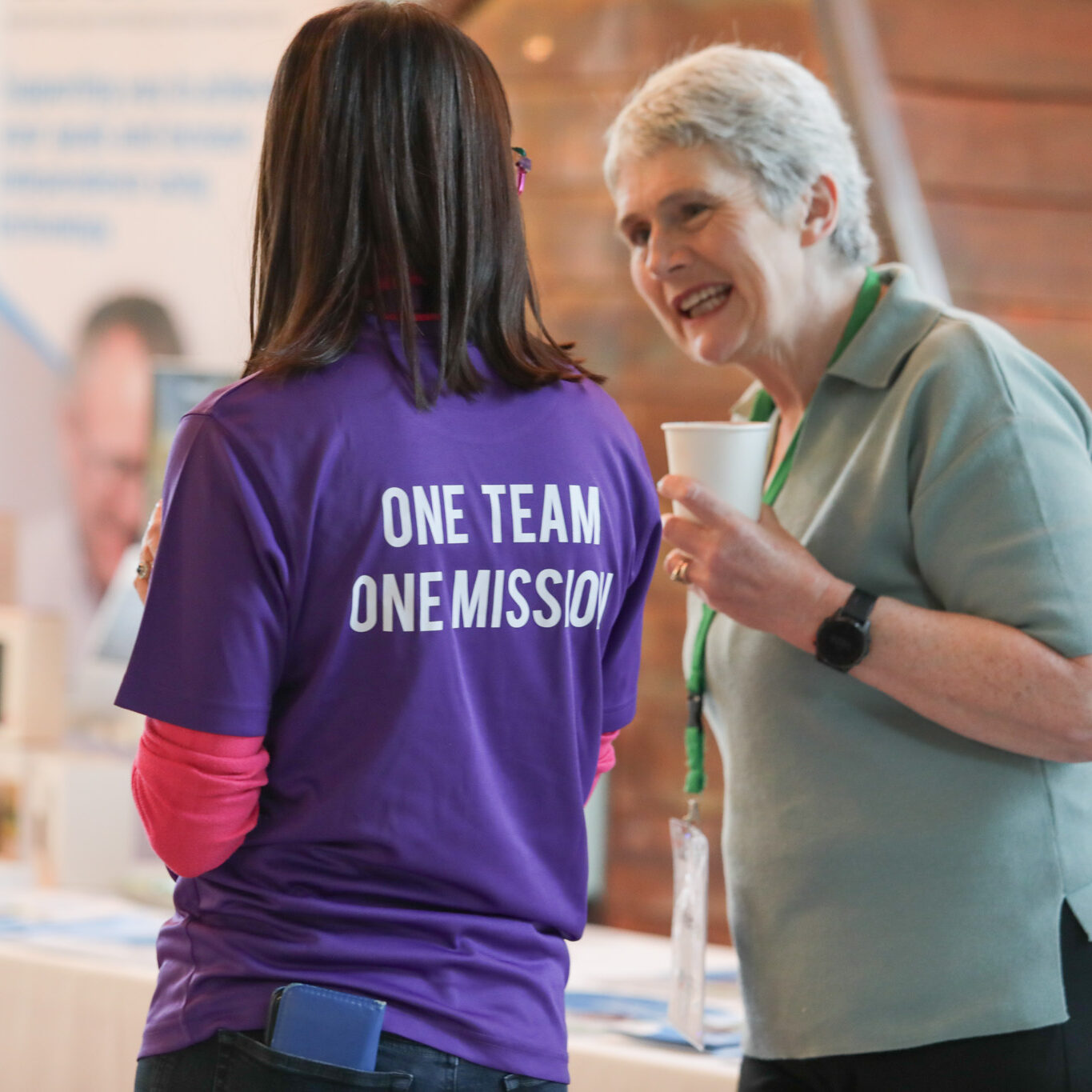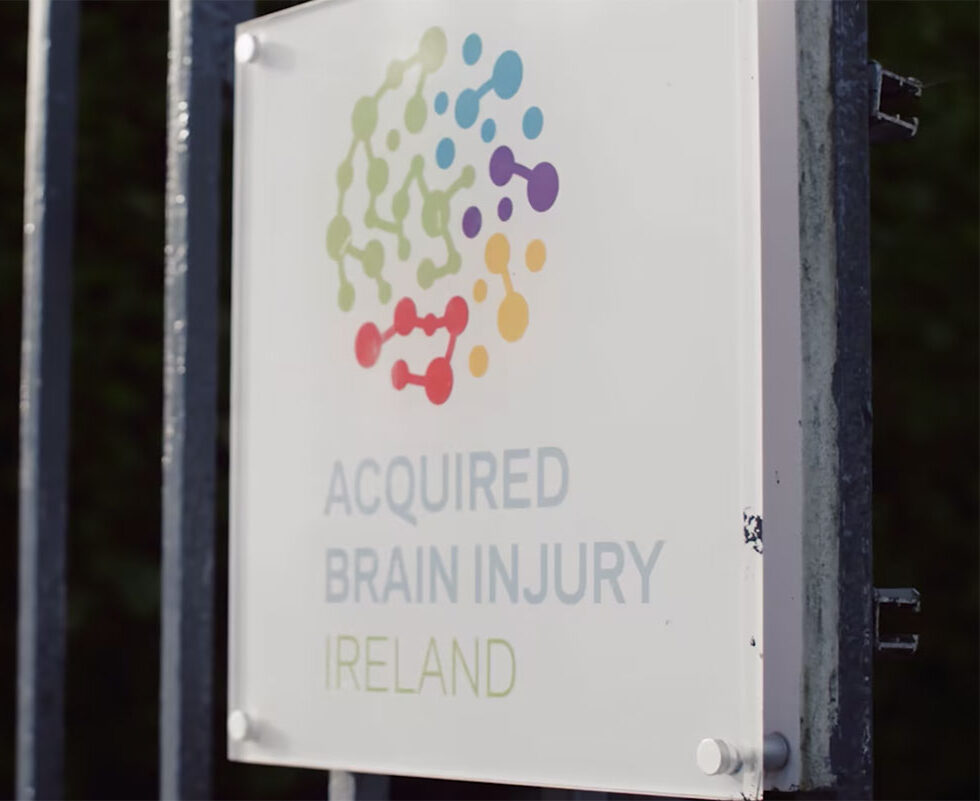Assisted Living
Our 16 Assisted Living houses offer a ‘home from home’ for brain injury survivors. They are specially designed to meet the needs of residents, creating a safe environment where they have autonomy and access to 24/7 support, should they need it.
After a brain injury, the person injured may need additional support to help them adjust and rebuild, so that they can live their fullest life with confidence. Returning home straight after a stay in hospital may not be possible for them or their family.
In these situations, our Assisted Living service supports brain injury survivors to live barrier free, maximising their independence within the community where they feel at home.
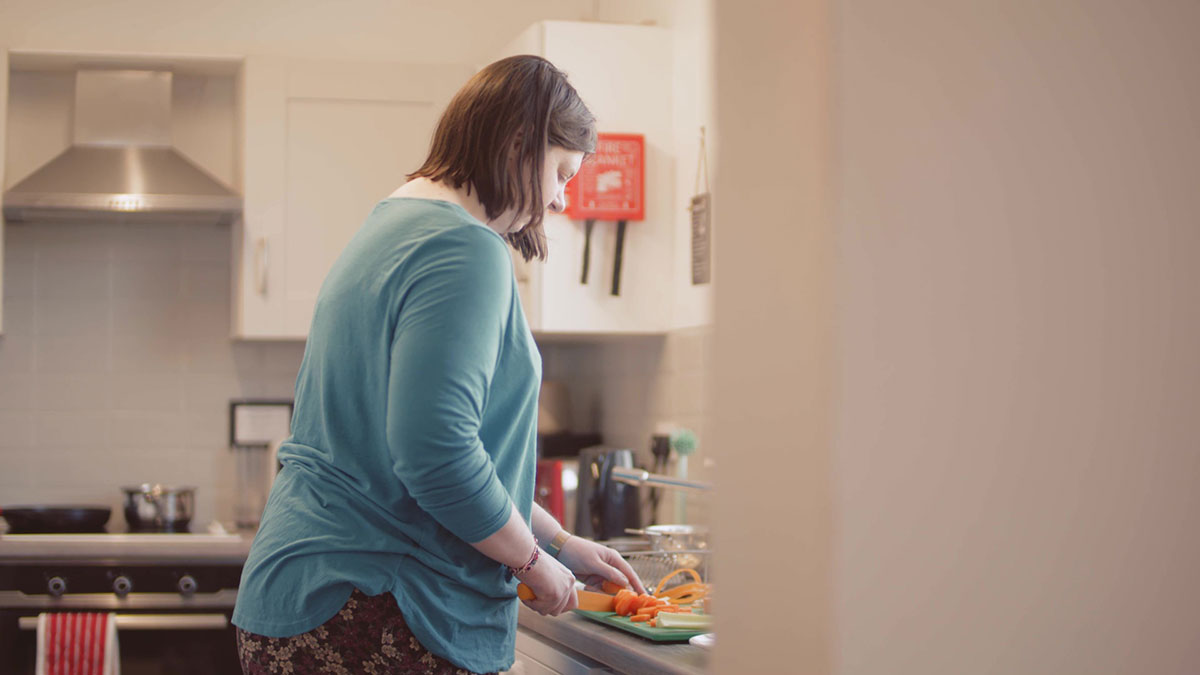
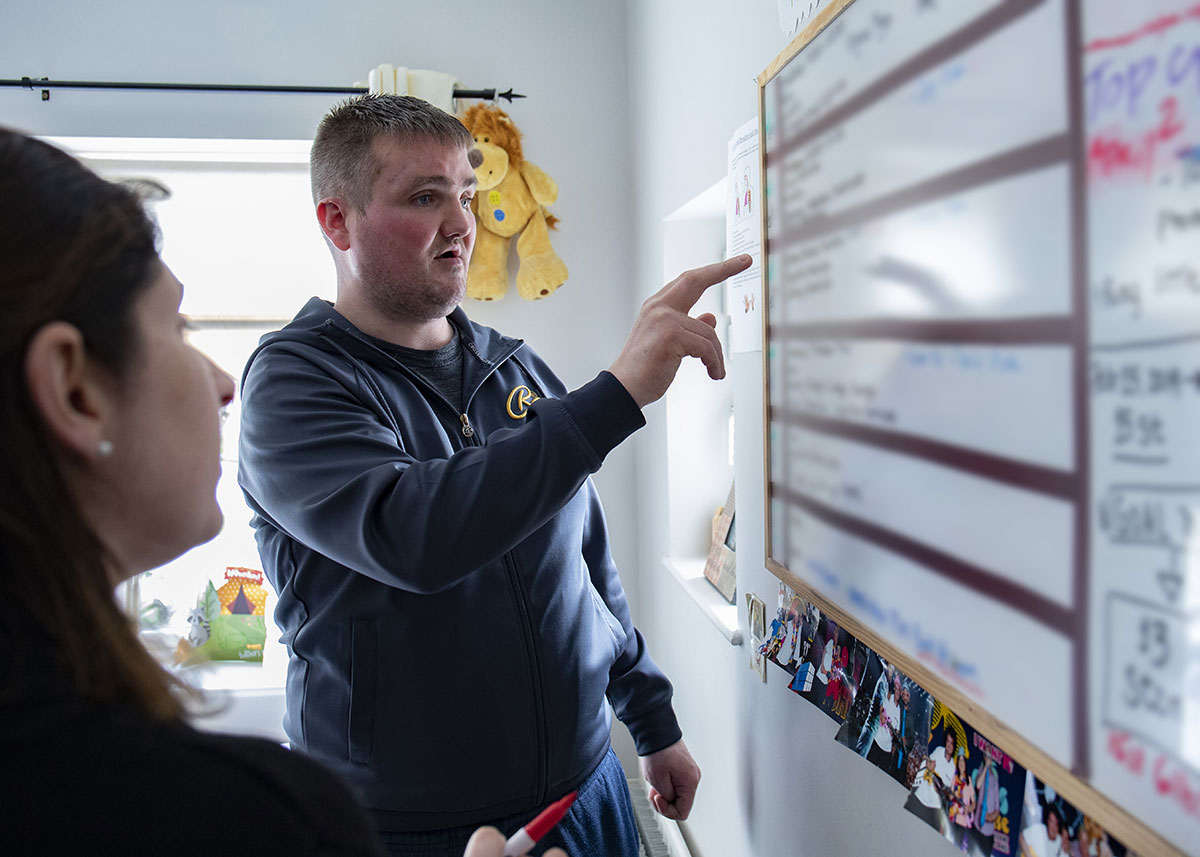
Home and Community Rehabilitation
Our Home and Community Rehabilitation teams work with survivors of brain injury in their own homes, providing skills and tools to help them live more independently day-to-day.
When a brain injury survivor returns home from a medical setting or Assisted Living service, they may still need some support. This might include support to build and maintain a daily routine, or manage household activities such as cooking, laundry and personal finance.
Our teams introduce strategies to support memory and planning, like using alarms, reminders, white-boards, or assistive technologies like Alexa. This can be especially helpful for those managing medication, attending appointments, work, or other events.
Clubhouses
Our Clubhouses are places for brain injury survivors to gather and be accepted. They are supportive, welcoming environments where members are encouraged to nurture new interests and social connections.
An Acquired Brain Injury Ireland Clubhouse is first and foremost a community, run by and for members with the support of expert staff.
Our team of brain injury experts works creatively with members to help them build on their strengths and capabilities. Weekly activities vary from art and yoga to history and woodwork, covering a range of educational, social and cognitive rehabilitation.
Together, staff and members support one another to boost self-esteem, independence, community involvement and personal growth.
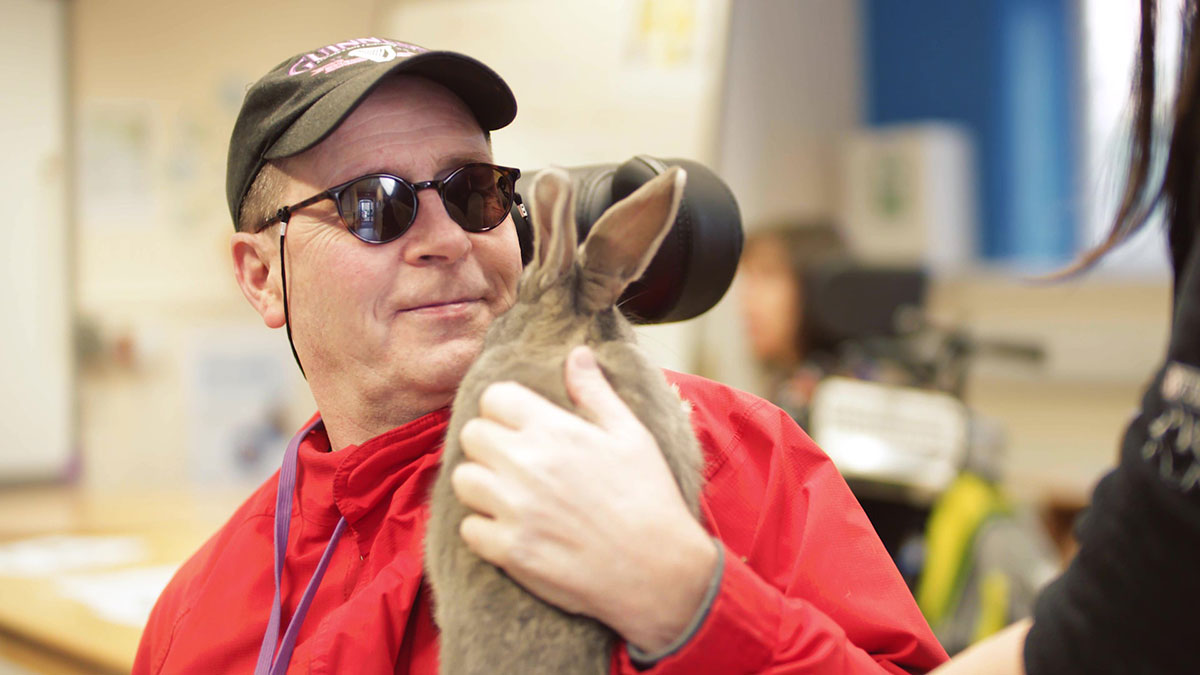
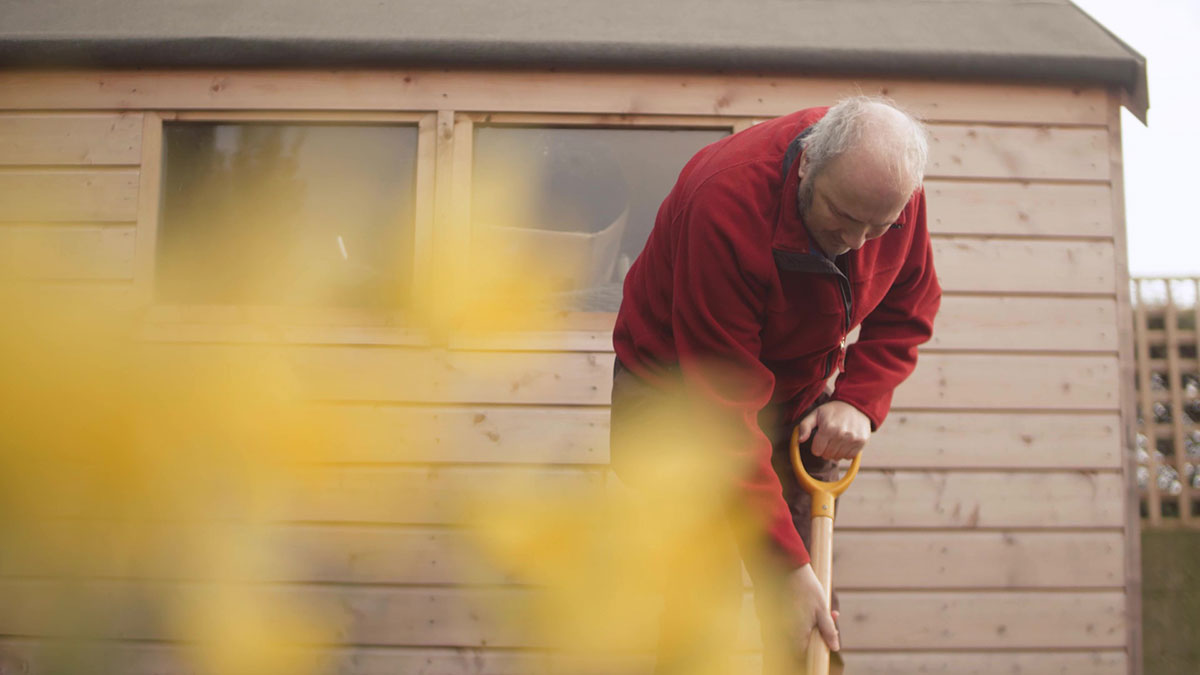
Transitional Rehabilitation
Our Transitional Rehabilitation service provides rehabilitation and support in a ‘Transitional Living Unit’, a home-from-home setting similar to our Assisted Living houses.
The aim of Transitional Rehabilitation is to enable survivors of brain injury to return to their own homes or to more independent living within the community. Residents live in the Unit five days per week, returning home at the weekends to their family or friends.
During the days, residents participate in a structured rehabilitation programme either on site or in the community, encouraging them to regain confidence, socialise, and to access the facilities in their local area.
They work one-to-one with a member of our skilled Rehabilitation Assistant team, identifying personal goals and discussing their progress. Our expert staff continuously review each survivor’s potential to transition out of the service, and what support may be required to enable them to return to their own home or family.
Currently we have one Transitional Living Unit, based in County Sligo. We continue to work hard to secure more funding for this important service, to give more brain injury survivors a stepping stone to independent living.
Family Support Services
We know that caring for a loved one with an acquired brain injury can be very difficult. That’s why providing support to family members and carers impacted by brain injury is one of our top priorities.
Our Case Managers and Social Workers play a key role in supporting individuals and families to navigate the services and resources that may be available to them.
We also provide training, practical help and peer-to-peer support through our national ‘On With Life Programme for Families and Carers’. The programme is available free of charge to all those in a family or caring role, regardless of whether or not their loved one is accessing Acquired Brain Injury Ireland’s other services.
A second ‘On With Life’ network was launched in 2021 to provide particular support to those caring for a child living with an acquired brain injury.
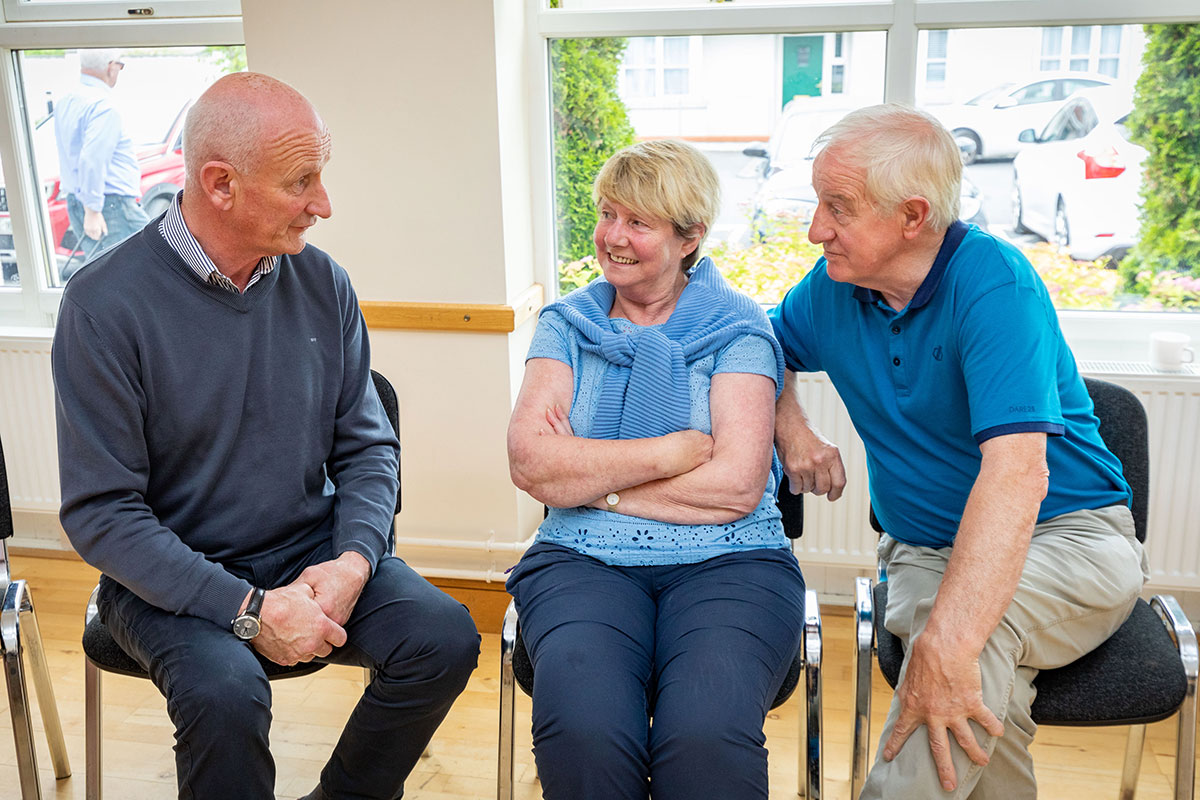
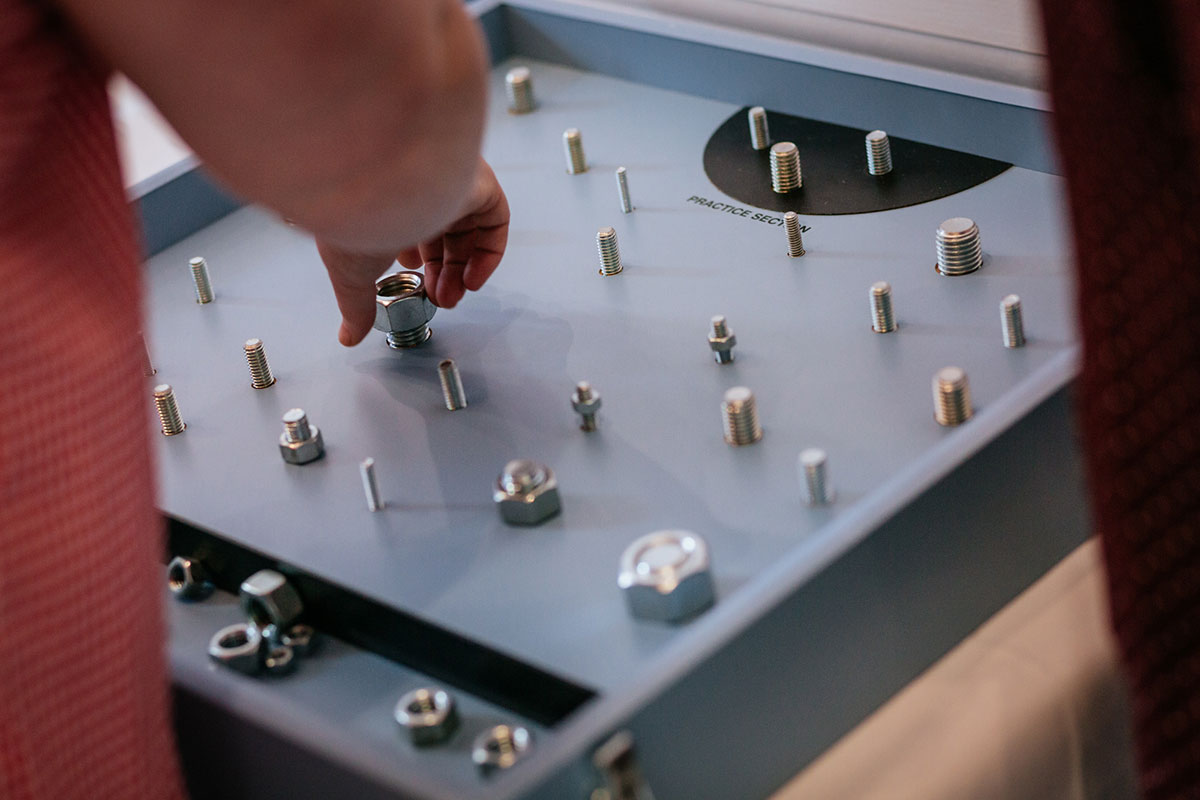
Return to Work
A brain injury can affect a person’s ability to work or study. When the time comes to consider a return to work or education, our Step Ahead Plus Programme could help you get there.
Step Ahead Plus is a free, national vocational assessment service for adults with an acquired brain injury. Led by a skilled team of Occupational Therapists and specialist Rehabilitation Assistants, the service works with each survivor to identify their abilities, strengths, and challenges. It also sets out a personalised plan with recommendations and supportive strategies to help each individual on their route back to work, training or education.
Case Management
When a brain injury happens, survivors and their families often feel overwhelmed and don’t know where to turn. The role of our Case Managers is designed for these times of distress.
Our Case Managers are brain injury experts who act as a single point of contact, listening to the families’ needs and identifying resources to support their situation. Case Managers provide a clear pathway to support the survivor’s transition from hospital to home, linking them to the variety of services they need.
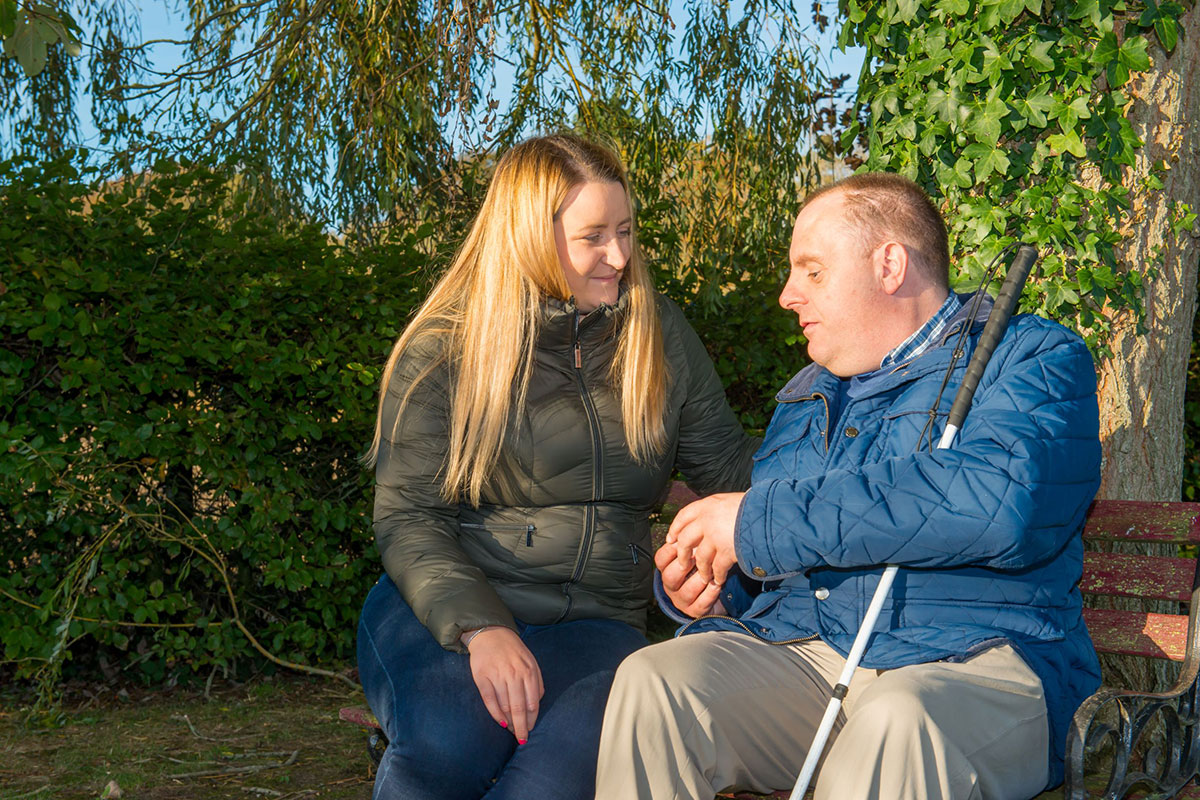
Clinical Support
It is extremely important to us that the support we provide to brain injury survivors and their families is led by research, evidence, the latest thinking and best practice. That’s why all our services are overseen by clinical experts, specifically trained in working with people living with an acquired brain injury.
Our Neuropsychologists, Social Workers and Occupational Therapists work as part of a team to help each person in our services to identify their personal goals and set out a plan to achieve them. We call this an ‘Individual Rehabilitation Plan’.
With clinical guidance, our skilled Local Services Managers, Team Leaders and Rehabilitation Assistants work with survivors on a day-to-day basis to progress their goals. They are supported by Speech and Language Therapists and Physiotherapists when required.
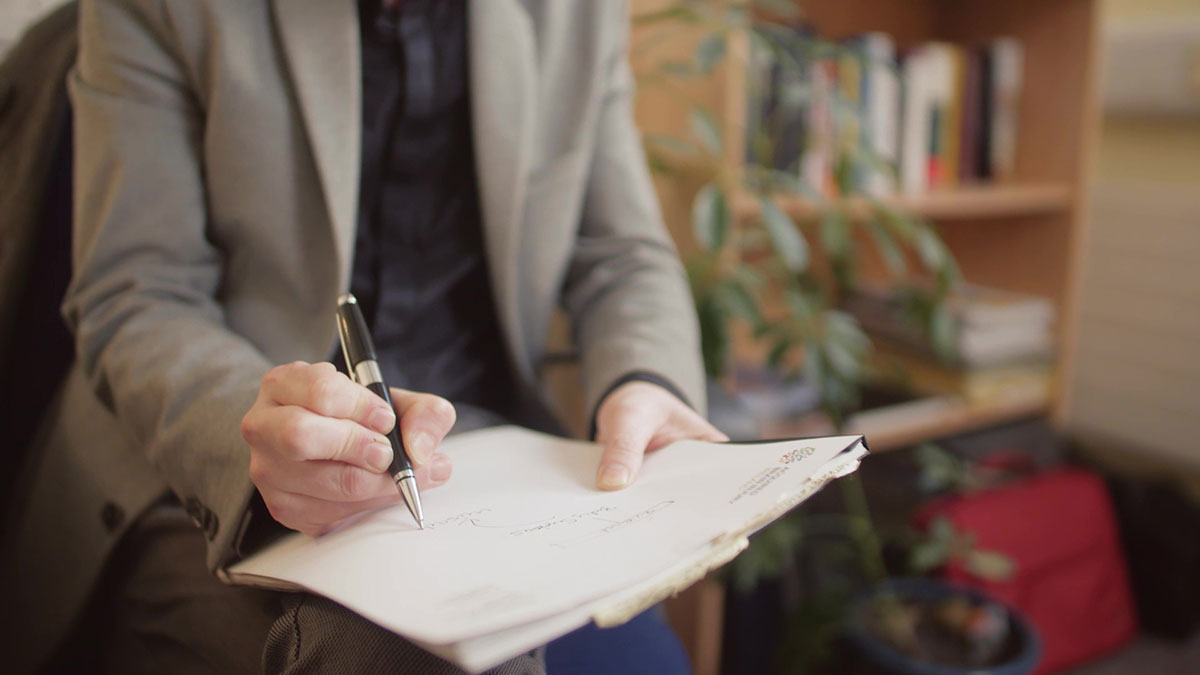
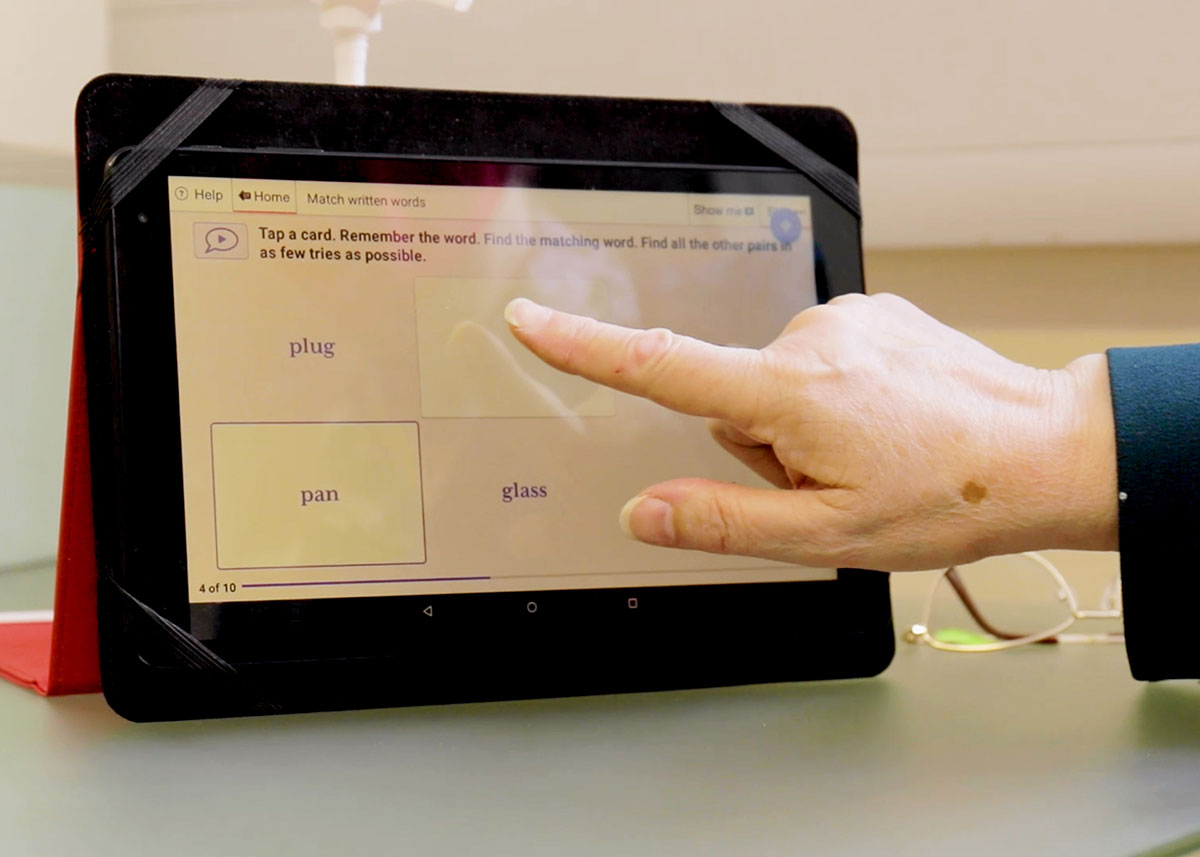
Digital Assistive Technology
For some brain injury survivors, technology and digital tools can play a useful role in overcoming challenges and increasing independence. For example, screen readers may support those with low vision or difficulty reading; communication apps on tablets may help those with difficulty speaking or understanding; and voice activated assistants like Alexa can send reminders to someone with difficulty remembering.
We provide support to those in our services to access technology to meet their needs through our new CreATe digital assistive technology programme.
Funded by the National Programme for People with Disabilities, CreATe is currently available to survivors in our Assisted Living and Home and Community services.
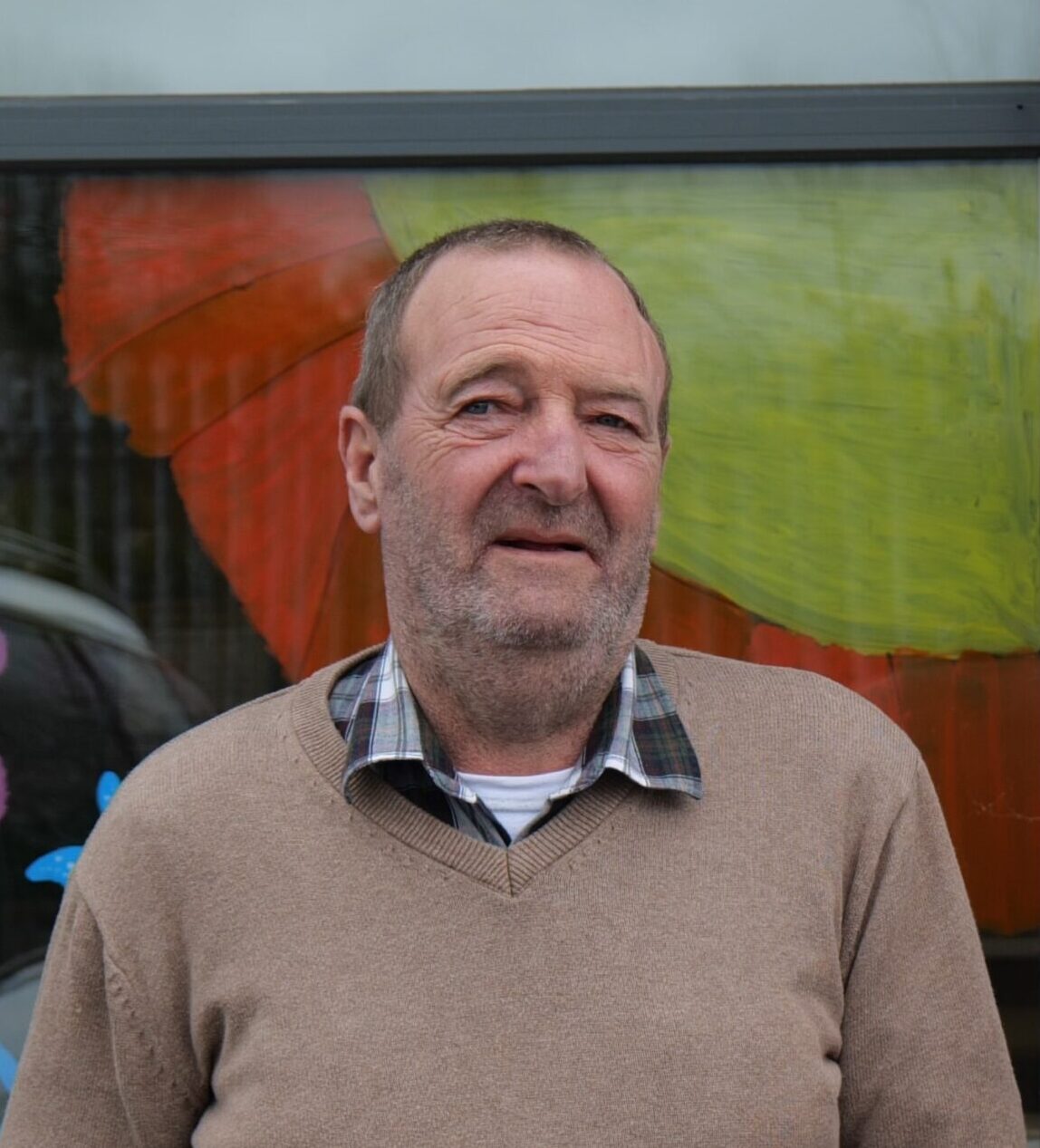


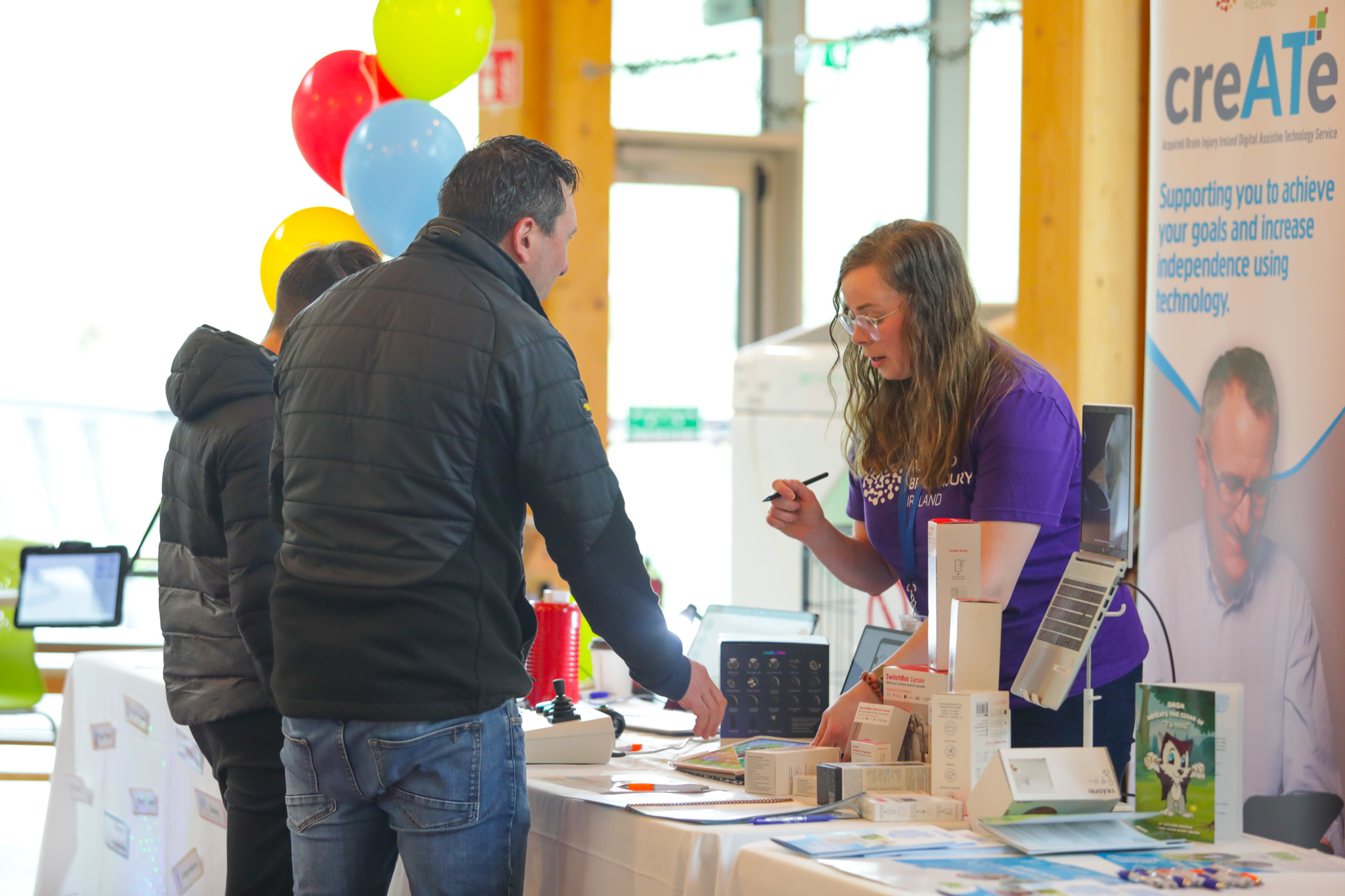 New funding boosts assistive technology programme for brain injury survivors
New funding boosts assistive technology programme for brain injury survivors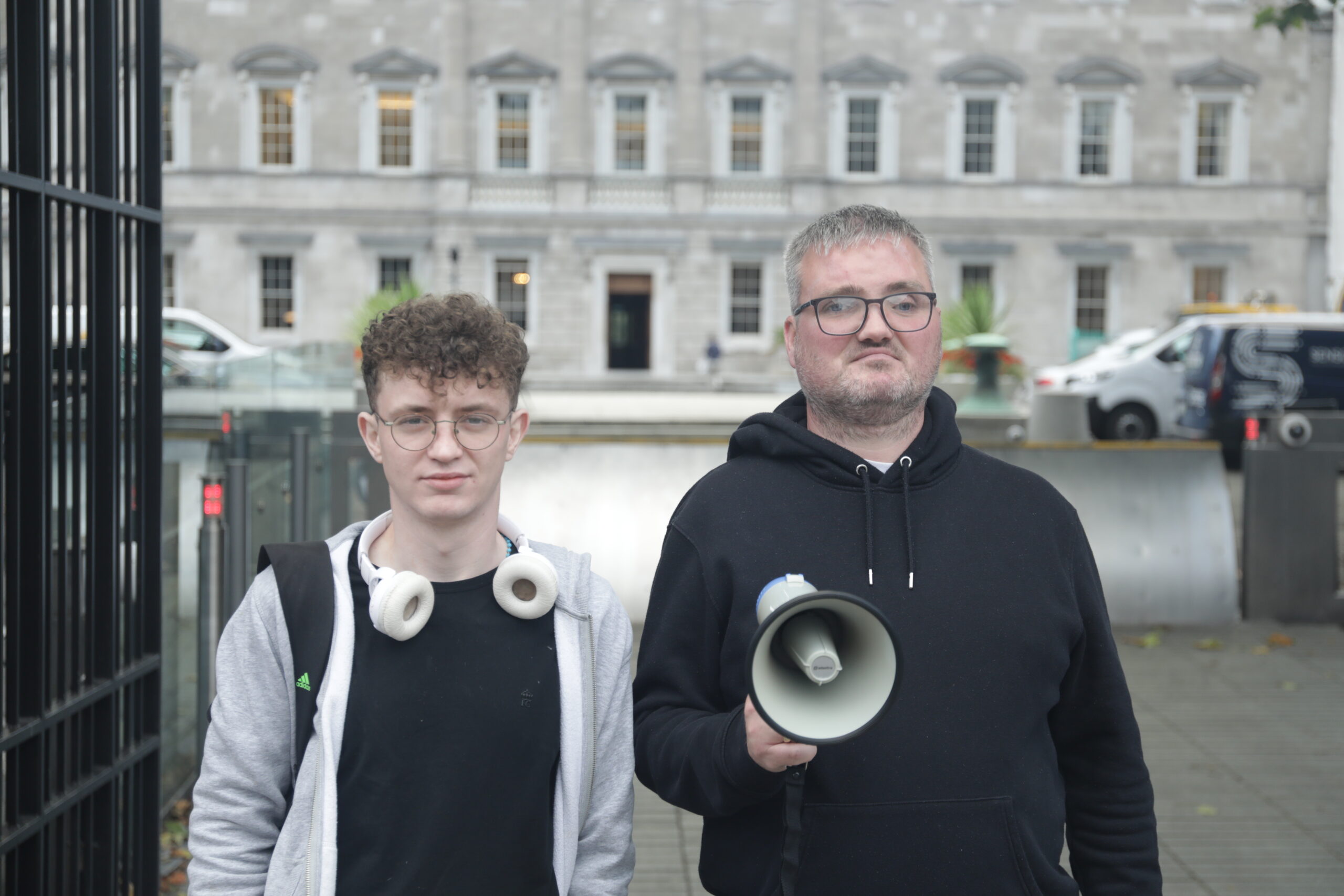 Acquired Brain Injury Ireland calls for €2m in Budget 2026 to fund a national Brain Injury Case Management Service
Acquired Brain Injury Ireland calls for €2m in Budget 2026 to fund a national Brain Injury Case Management Service Strategies for Education for Students (aged 16+) with acquired brain injury
Strategies for Education for Students (aged 16+) with acquired brain injury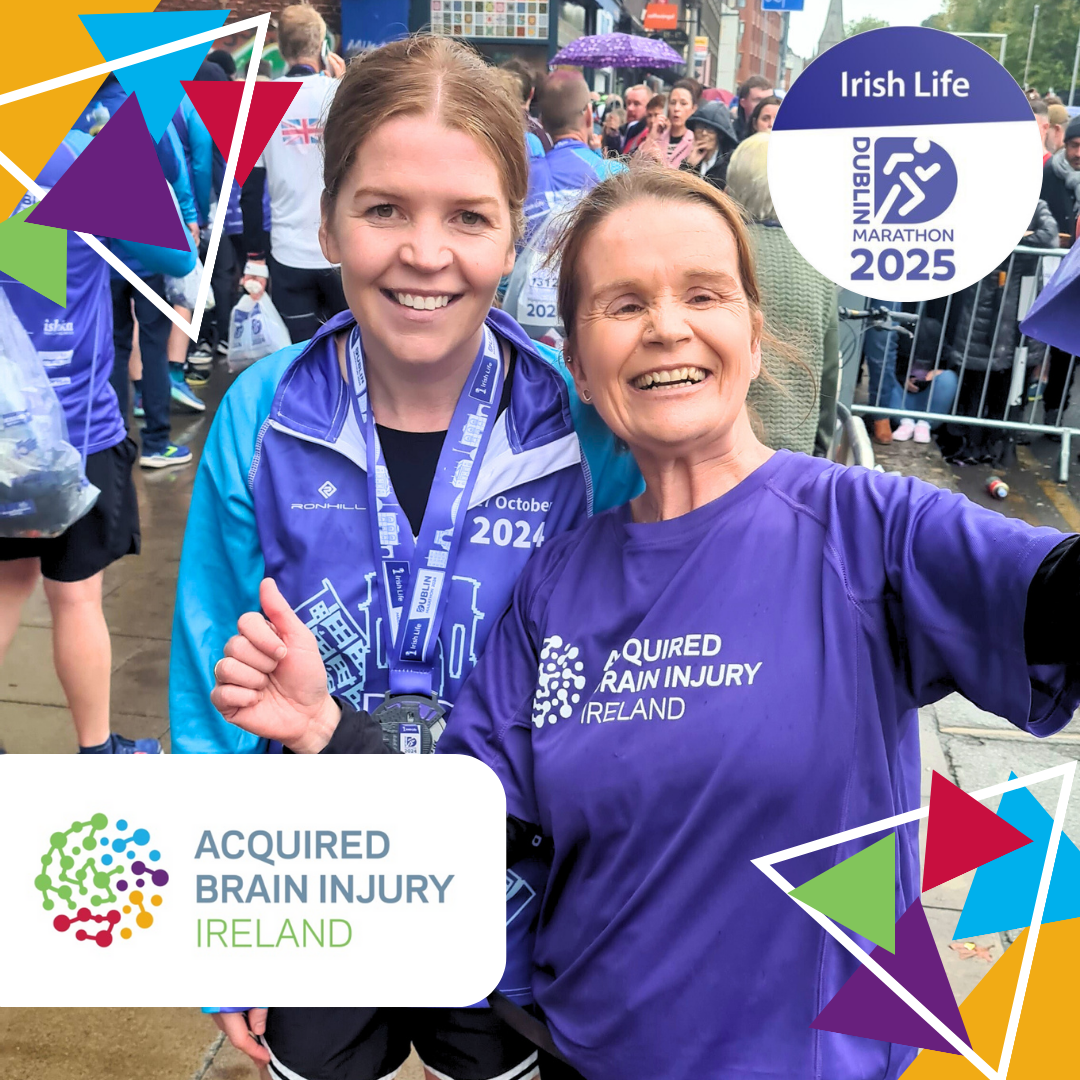 Irish Life Dublin Marathon 2025
Irish Life Dublin Marathon 2025